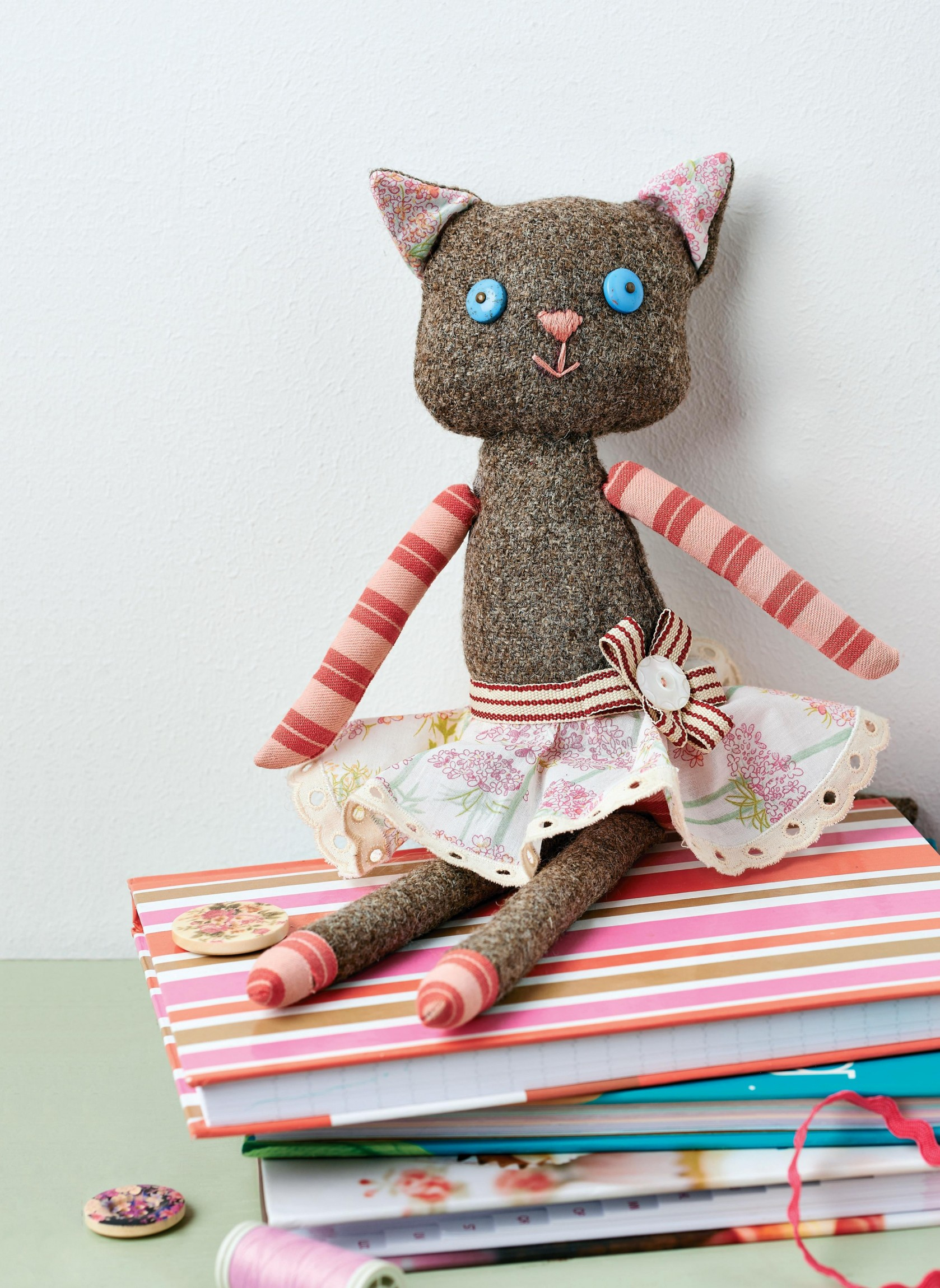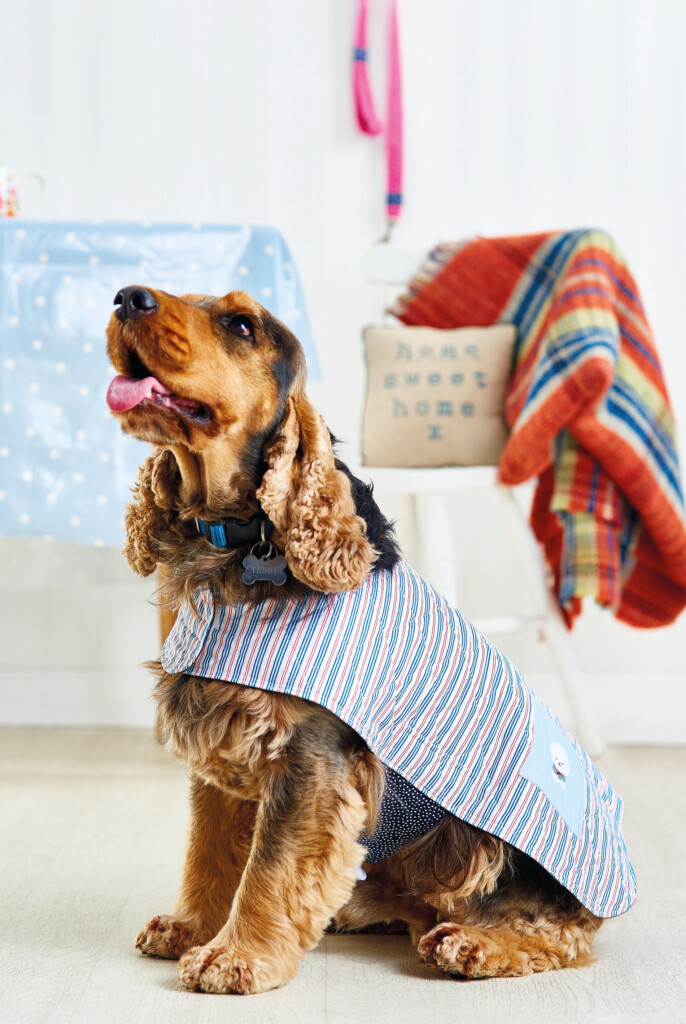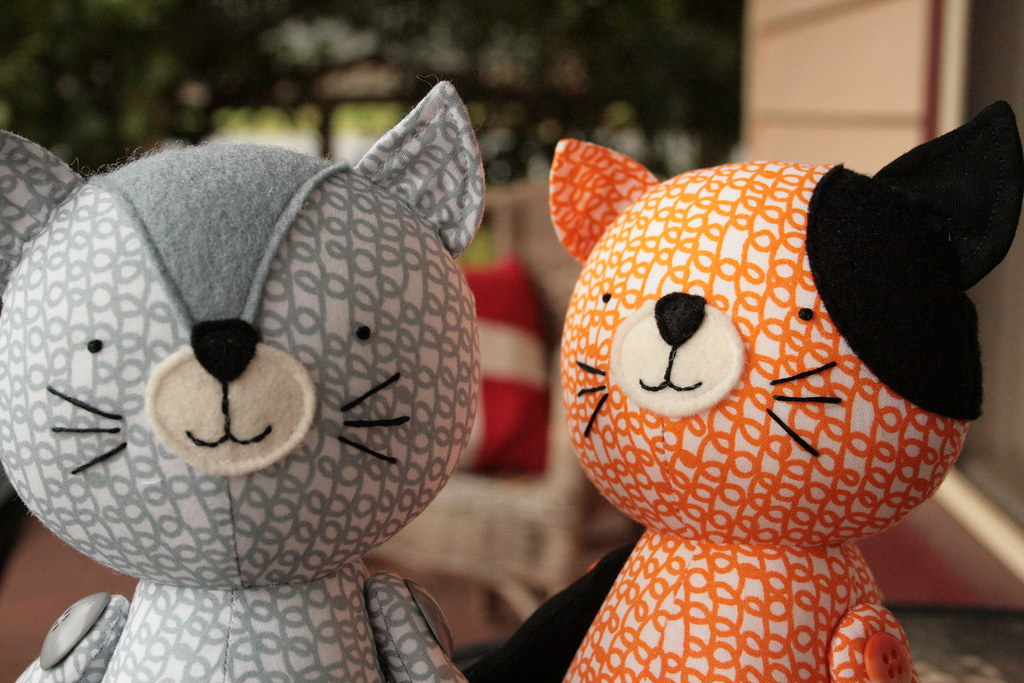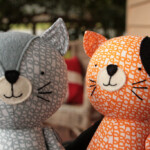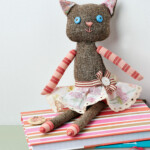Dog Toy Sewing Patterns Free Printable – Printing patterns for sewing are digital sewing patterns that can be print at your own home. They provide an efficient and affordable option to conventional paper sewing patterns. This article we will guide you through the process of printing the sewing pattern, and how to assemble it and how you can alter and alter patterns to the right size, how to choose the right fabric for your sewing project and also provide some sewing advice and techniques to improve your skills.
How do you print and assemble the sewing pattern
The printer you are preparing:
- Check that your printer’s settings are adjusted to “actual size” or “100% scaling”
- You should use a high-quality print printer for optimal results
- Try printing a small part of the pattern in order to verify the accuracy
Printing the pattern:
- Print the pattern on a large format printer or cut multiple sheets
- Use lightweight paper for cutting and sewing more comfortable
When you are assembling the pattern pieces
- Cut each pattern piece along the outer edge
- Check the numbered notch or marks on each piece
- Use glue or tape for securing the pieces
Cut the pattern out:
- Put the pattern onto your fabric in accordance with the cutting layout given
- Make use of sharp scissors to cut the pattern pieces
- Mark any marks or notches on the fabric
Modifying and adjusting sewing patterns to match
The exact measurement of the measurements is essential.
- Examine your body from key points, such as your bust, hips, waist and waist.
- Use a flexible measuring device and take measurements over undergarments and clothes that closely match what you’ll wear in the completed garment
- Record the measurements you have taken on a piece of paper or digital chart to be used for future analysis
Longening or shortening pattern pieces:
- Examine the distance that lies between the lengthen and shorten lines on the pattern piece and take a look at the distance you’ll need to alter.
- Cut the pattern piece according to the lengthen/shorten line
- Use a ruler for extending or cut the pattern piece until it is the desired length
- Use glue or tape to glue the pattern piece back together
Adjusting the fit of a pattern:
- Make a muslin or toile of the design to test the fit
- Mark or pin areas which require adjustments such as the tummy or waist.
- Redraw the pattern using a ruler. the pattern lines to accommodate the adjustments
- Test the new design with a second muslin, or toile before cutting your fabric
Selecting the best fabric for your sewing project
Aspects to consider when choosing fabrics:
- Type of item of clothing or item being produced
- Level of experience with the fabric kind
- Personal style and preference
- Care instructions for fabric
Recommendations for fabrics to suit different kinds in sewing:
- Fabrics made of cotton and cotton-based blends are great for quilting, tops and dresses
- Linen and linen blends are great for summertime clothing and home decor
- Wool blends or wool for coats and outerwear
- Knits that can be used for t-shirts as well as activewear
Tips and tricks for sewing
Tips to make your sewing successful:
- Use thread and needles that are of top quality appropriate for the fabric type
- Always try a test stitch on the scrap of fabric before sewing on the final fabric
- Hems and seams are hemmed and press seams for Professionally finished seams
- Stop frequently for breaks to prevent eye strain and fatigue.
Sewing techniques to increase your skills:
- Learn basic stitches and techniques, such as the backstitch, basting and hemming
- Take your time sewing curves and corners to create a smooth look
- Test different seam finishes for example, French edges or bias binding
Hacks for sewing and other variations
- Utilize decorative stitching or embroidery to create interest on a basic garment
- Add pockets and other characteristics to personalize a design
- Explore the possibilities of fabric dyes or paints to create your own unique designs
Conclusion
Printing sewing patterns is an affordable and easy option for all sewists. With the right equipment and techniques, you are able to create beautiful, customized garments and products that fit perfectly. Be sure to measure accurately and select the appropriate fabric, and practice your sewing skills frequently. Happy sewing!
